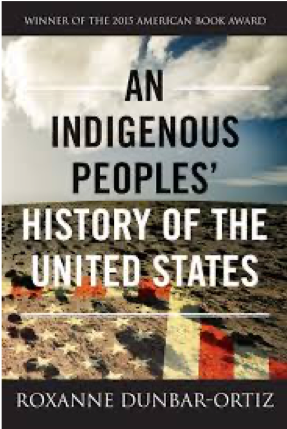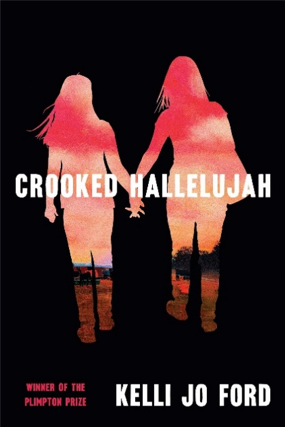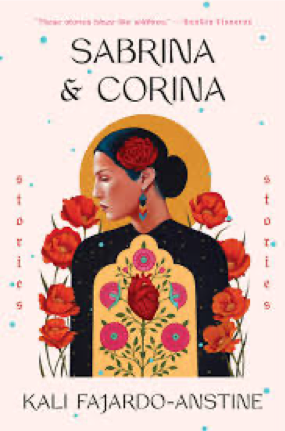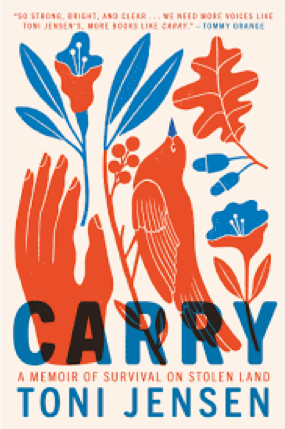Every year, as the leaves turn and the temperature drops, school children across the United States learn the story of the first Thanksgiving. They bring home construction paper turkeys, alongside tales of friendship, alliance, and the “Indians” welcoming the pilgrims to their land. Here begins a fundamental misunderstanding of our country’s history – one that is part of a long tradition of silencing Indigenous voices.
This legacy can be traced centuries to the arrival of the Europeans who violently removed Native Americans from their land, enacted laws that sought to write Indigenous identities out of existence, and pushed assimilation though forced education for Indigenous children at boarding schools that tried to erase their cultural identities. Just this month, CNN made headlines for their demographic categories during coverage of the presidential election, which labeled anyone who wasn’t white, Black, Latinx, or Asian as “something else.” This is especially striking during an election in which a record number of Native American candidates were elected to Congress and high Native American turnout propelled Democrats to victories in key battleground states like Arizona.
The process of silencing has many consequences, especially for Indigenous women. 84 percent of Native American women in the United States have experienced violence in their lifetimes. Additionally, those who live on reservations are ten times more likely to be murdered when directly compared to other women, primarily on Native land by non-Native perpetrators. The complex combination of federal, state, local, and tribal law, leads to a lack of communication and failure to bring perpetrators to justice. Of the nearly 6,000 cases of missing Indigenous women reported in 2016, only 116 of them were logged into the Department of Justice’s federal missing persons database. These concerning statistics are exacerbated by the fact that when it comes to violence against Native American women in urban areas, no research has been conducted. The process of rendering Native American people – and Native American women specifically – invisible is deadly. It’s time to start listening to these women.
This Thanksgiving, as we celebrate with our loved ones (either in person or over Zoom), we should make time between turkey, football and pie to read some of the histories that we were never taught, the stories that have been told but overlooked for generations, and the women whose voices have been ignored.
1. An Indigenous People’s History of the United States by Roxanne Dunbar-Ortiz
If you, like me, are looking for ways to supplement your history education and learn more about our country’s real history, this book is a great place to start.
 2. Crooked Hallelujah by Kelli Jo Ford
2. Crooked Hallelujah by Kelli Jo Ford
This multigenerational family story centers on three generations of Cherokee women as they navigate motherhood, violence, and their sense of home both on and off Native lands.
3. An American Sunrise by Joy Harjo
In this poetry collection, Joy Harjo, United States Poet Laureate and member of Muscogee Creek Nation, reckons with the history of violence against Native Americans and her return to her homelands, as well as with the survival of her ancestors’ culture and their shared connection to the land.
 4. Sabrina and Corina: Stories by Kali Fajardo-Anstine
4. Sabrina and Corina: Stories by Kali Fajardo-Anstine
These stories about Latina-Indigenous women deal with issues ranging from violence against women, to gentrification, to sex work. Like many other books on this list, this collection grapples with the ideas of home and of connection to the land through stories that are different but united in common experience.
5. Carry: A Memoir of Survival on Stolen Land by Toni Jensen
In her memoir, Toni Jensen – a Metis woman – recounts her experiences as an Indigenous woman and with gun violence, intertwining the two into a moving and important portrait of America’s relationship with violence.
*Please note: these books contain themes of violence against women, sexual assault, and abuse.


 2.
2. 
 4.
4. 